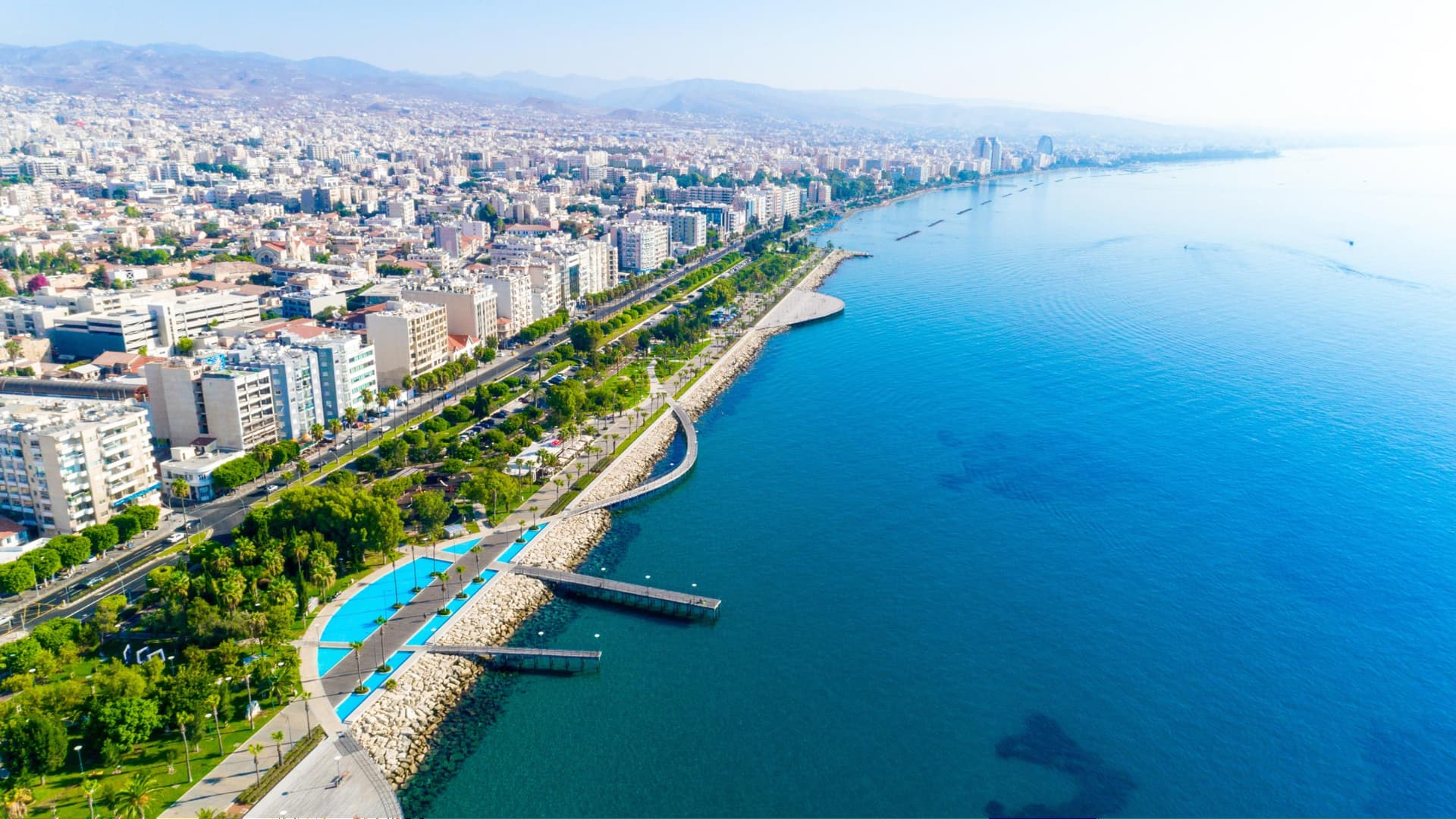Trusts & Gifting
A trust is a legal agreement that expands your options for managing assets. Assets held in a trust are managed by a 3rd party and can be accessed by the trustee and by the elected beneficiary(s)
Get financial adviceWhat is a trust?
A trust is a way of managing your money, property, investments or other assets. They are a legal agreement and any assets put into the trust are looked after by someone else (trustor).
They can be set up for several reasons including protecting family assets and passing on assets either while you’re alive or when you die.
Assets put into a trust strictly no longer belong to you which is why they are advantageous for cutting Inheritance Tax (IHT).
For more information, The Money Advice Service has a guide on cutting inheritance tax using a trust (https://www.moneyadviceservice.org.uk/en/articles/using-a-trust-to-cut-your-inheritance-tax).
Trusts have been around for centuries and they are not just for the wealthy to leave large fortunes.
The rules and regulations around trust can be quite complicated. If you are considering setting up a trust it is always best to speak with an independent financial advisor who can guide you through the process.
Why put assets in a trust?
Trusts are used by a wide variety of people and for many reasons.
When assets are put into a trust they no longer belong to you, provided that certain conditions are met. This means that their value is not normally counted as part of your estate when you die and subsequently avoids Inheritance Tax.
Another advantage of putting your assets in a trust is to keep control of them for the beneficiary(s). This way you can avoid handing over assets to beneficiaries if they are young or vulnerable.
Some of the advantages of trusts are:
- You can put conditions in place. This can include when assets can be withdrawn and how they are distributed
- Reducing your estate and gift taxes
- Being able to appoint a trustee to manage the trust if / when you die or if you become unable to do so
- A way to protect your assets from creditors and lawsuits
Who’s involved in a trust?
Three main parties make up a trust are:
-
- The settlor
The settlor decides how assets should be used which they usually set out in a ‘trust deed’.
-
- The trustee
The trustee is the legal owner of the assets in the trust. They will manage the trust and deal with the assets according to your wishes or as laid out in your will.
The trustee will have other responsibilities depending on the type of trust and they may be responsible for paying any tax that is due.
-
- The beneficiary
There can be more than one beneficiary added to the trust. These are the people who will benefit from the trust but how they withdraw from the trust is decided by the settlor.
When can I access money in a trust?
This will depend on the conditions of the trust. For example, if money is put into a trust for a younger generation, the condition might be that the assets cannot be accessed until they are 18 or 21.
There are many different types of trusts to meet different needs. Generally speaking, the more tailored the requirements and conditions are, the more expensive the trust will be to set up.
As a guide, here are some of the main types of trusts:
Bare trust
This is the simplest type of trust to set up. Everything in the trust will be given to the beneficiaries straight away provided they are over 18.
Bare trusts are often used if you want to pass assets to young people.
Interest in possessions trust
Any income generated by the trust is passed onto the beneficiary right away but the assets are not.
Income might be generated from stocks and shares in the trust. Any tax that is applied to the income will need to be paid by the beneficiary.
This allows you to provide for your partner through the trusts’ income but leave the assets to your children.
This type of trust structure is popular with those who remarry after a divorce but have children from the first marriage.
Discretionary trust
If you want more control over the trust you might consider a discretionary trust. They allow the trustees to specify who gets paid, how often they are paid and what gets paid out.
This type of trust is sometimes set up if beneficiaries are not capable or responsible enough to receive assets. They can also be used to allocate how much of the trust should go to each beneficiary.
Non-resident trust
This type of trust is usually set up if the trustees are not UK residents for tax purposes. The tax rules can be complicated for non-residents. The UK Government website (https://www.gov.uk/guidance/non-resident-trusts) has more information around tax rules.
The legal aspect of trusts can be complicated which is why it is recommended that you speak with your IFA and even a solicitor before setting one up.
Is money in a trust taxable?
The answer to this is complicated because of the parties that are involved. The type of trust, who is benefitting from the trust and the residency status of both the trust and the beneficiary all have an impact on taxation.
To make matters more complicated there are several types of tax that can be applied to the trust and its beneficiaries. These include Income Tax, Capital Gains Tax, and Inheritance Tax.
In general, there are three questions you should ask yourself and discuss with your advisor regarding tax and trusts.
- What income is taxable?
- How will the tax be calculated?
- When will the tax be due?
HMRC guidelines (https://www.gov.uk/trusts-taxes/trusts-and-income-tax) explain that different types of trusts have different rates of income tax.

Who pays tax on trusts?
Again, this will depend on the trust itself. The three main types of trust work as follows:
Bare trusts:
The beneficiaries are responsible for paying taxes and need to complete a self-assessment tax return.
Discretionary trusts:
Trustees are responsible for paying taxes on income received from the trust at the following rates:
- Up to £1,000 – 7.5% on dividend-type income, 20% on all other income
- Over £1,000 – 38.1% on dividend-type income, 45% on all other types of income
Possession trusts:
Unless mandated to the beneficiary, the trustee(s) are responsible for income tax at the following rates:
- 7.5% on dividend-type income
- 20% on all over income types
*Tax rates, allowances, and reliefs are as of May 2019 and are subject to change in the future. The benefit of any allowances and relief depends upon your situation and may also change over time.
Ready to chat with
an adviser?
Get started
Reviews of Holborn Assets
You may also be interested in

Healthcare guide for expats in Cyprus
Health is perhaps the most important thing in life. Gandhi once said that “health is the real wealth.” Living as an expat in Cyprus means that you might experience health...
Read more
Buying property in Cyprus: Where and why you should invest
Buying property in Cyprus is one of the investment options that expats should think about when moving to the island. Cyprus is one of the most beautiful islands in the...
Read more
Moving to Cyprus from the UK: The Ultimate Guide
Moving to Cyprus from the UK; have you ever thought about that? If you would like to change your lifestyle, live on one of the most beautiful islands in the...
Read more
Life insurance cover for different life stages
“Fun is like life insurance; the older you get, the more it costs” is a popular quote you might find when looking for life insurance cover on the internet. This...
Read more
